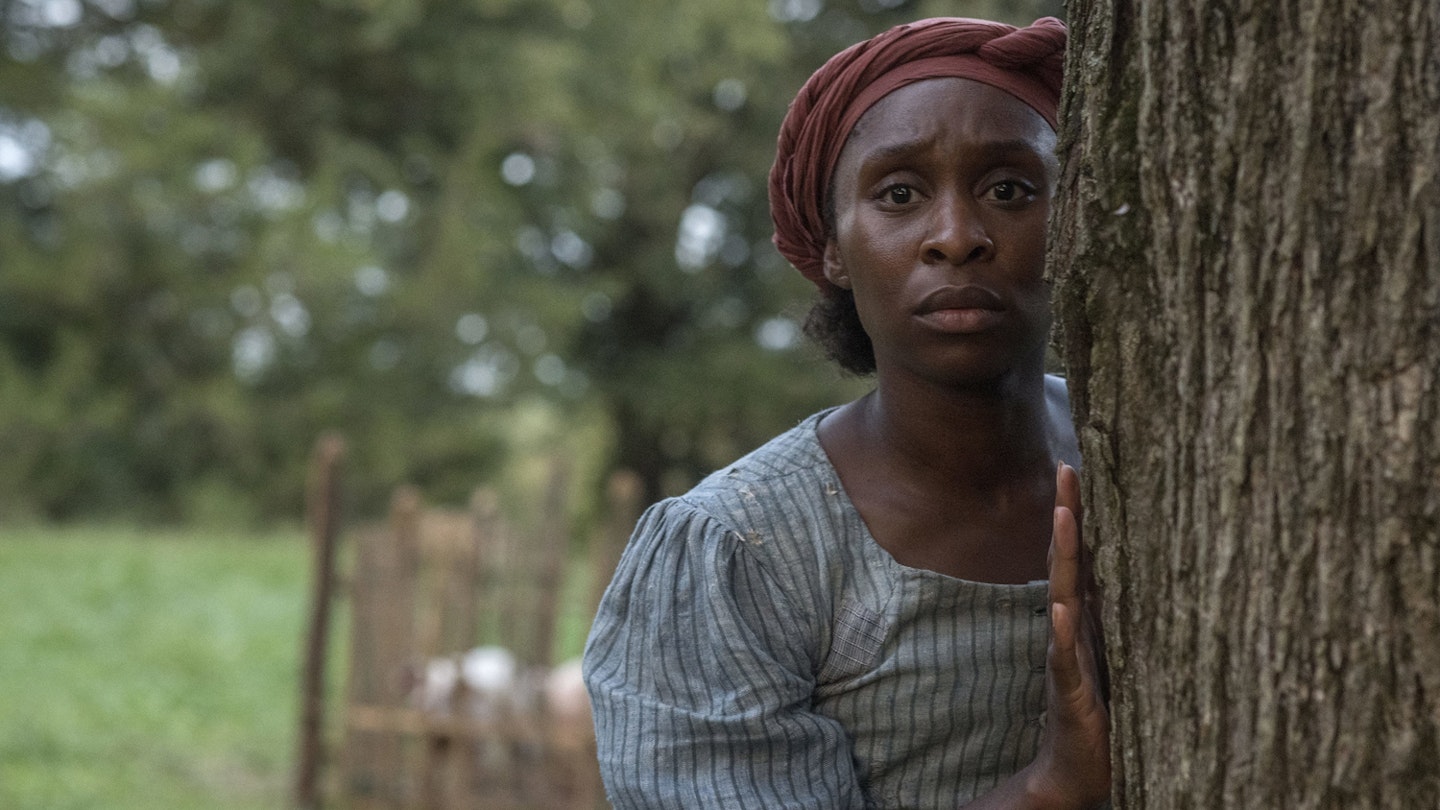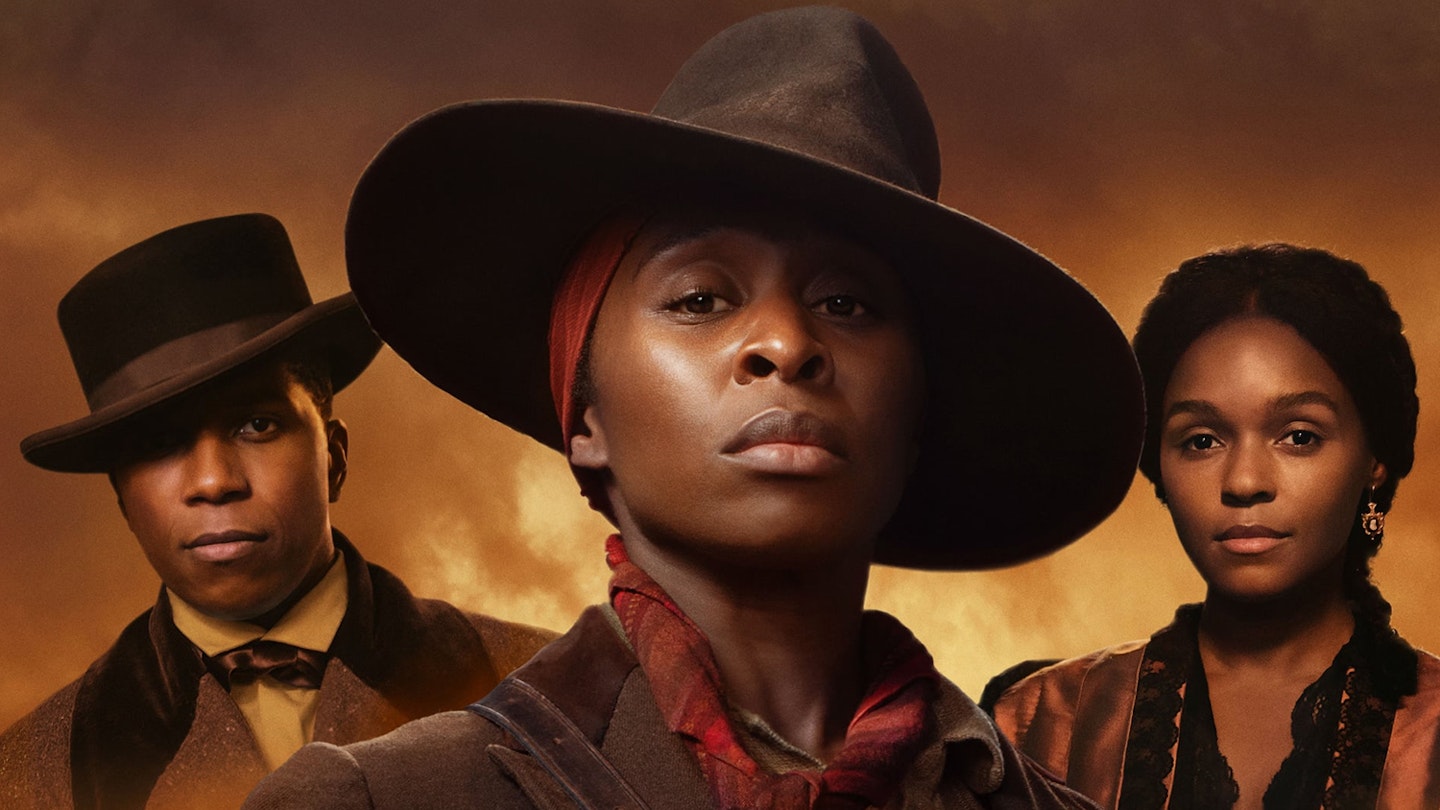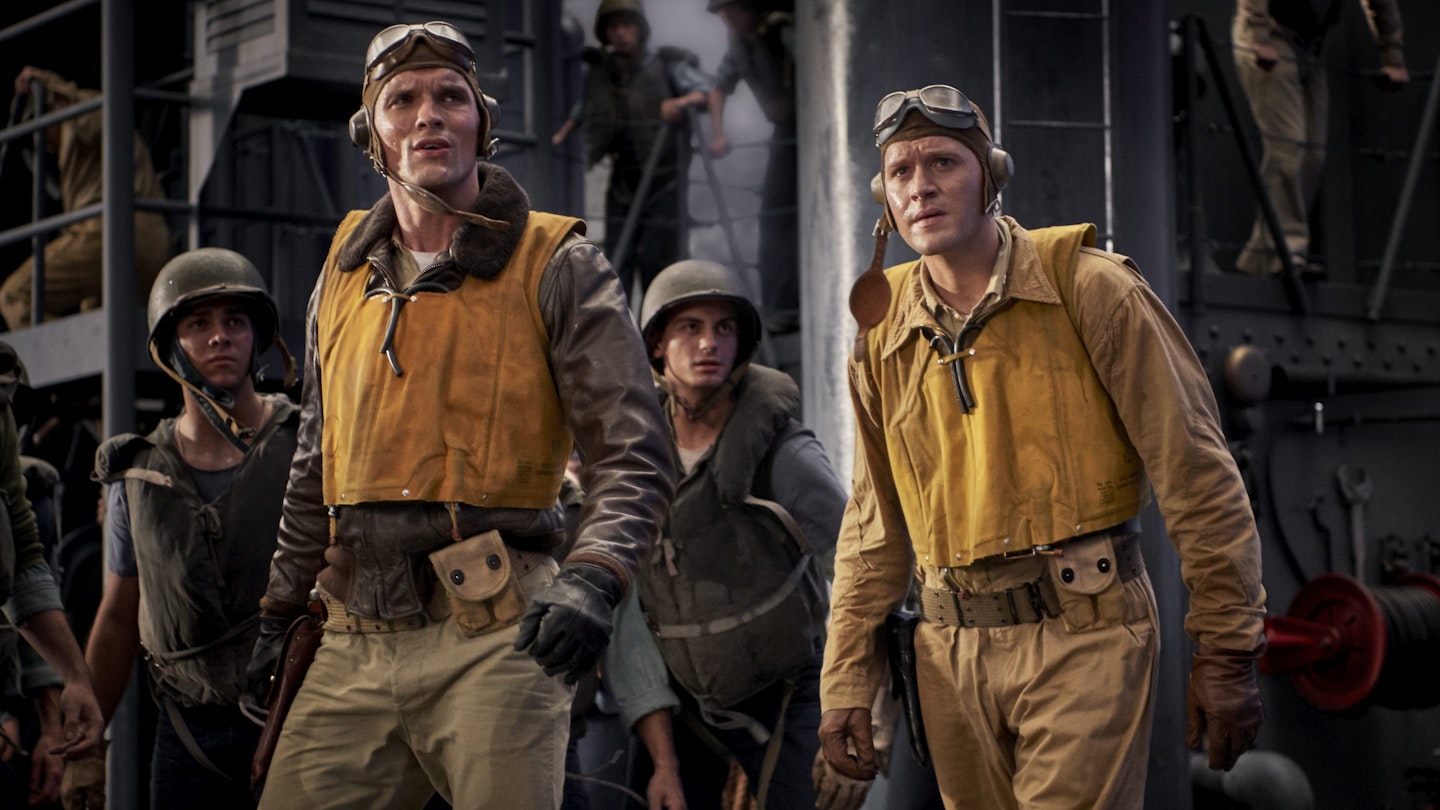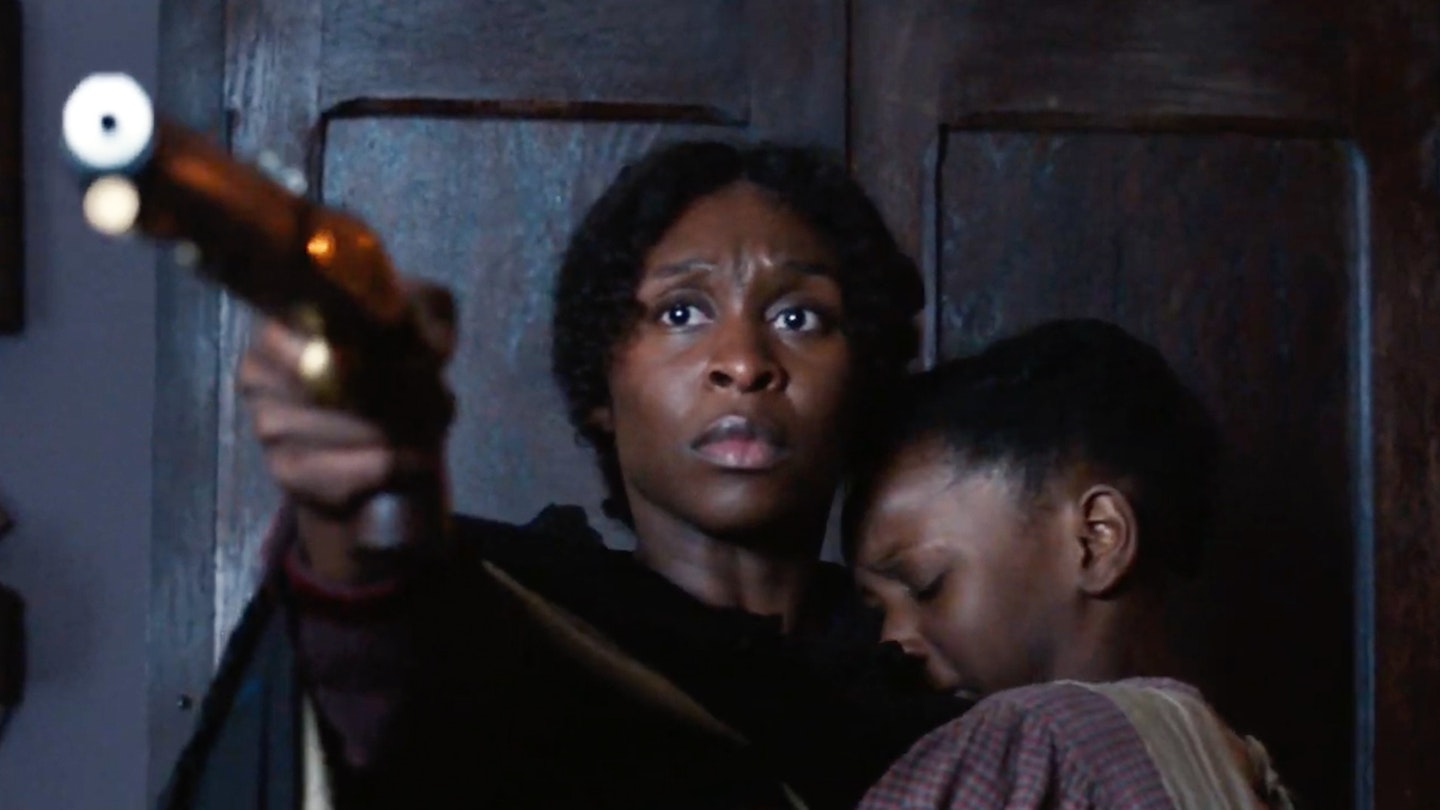It’s been long past time for Harriet Tubman to get her due on the big screen. The infamous abolitionist was as close to a real-life superhero as it gets, guiding more than 300 slaves to freedom — which earned her the nickname of ‘Moses’ — and serving as a Union spy during the American Civil War. After eye-catching performances in Bad Times At The El Royale and Widows, Erivo was an exciting choice to bring the iconic figure to life, but Kasi Lemmons’ biopic makes the fatal mistake of revering its subject without getting under her skin and illuminating her humanity.
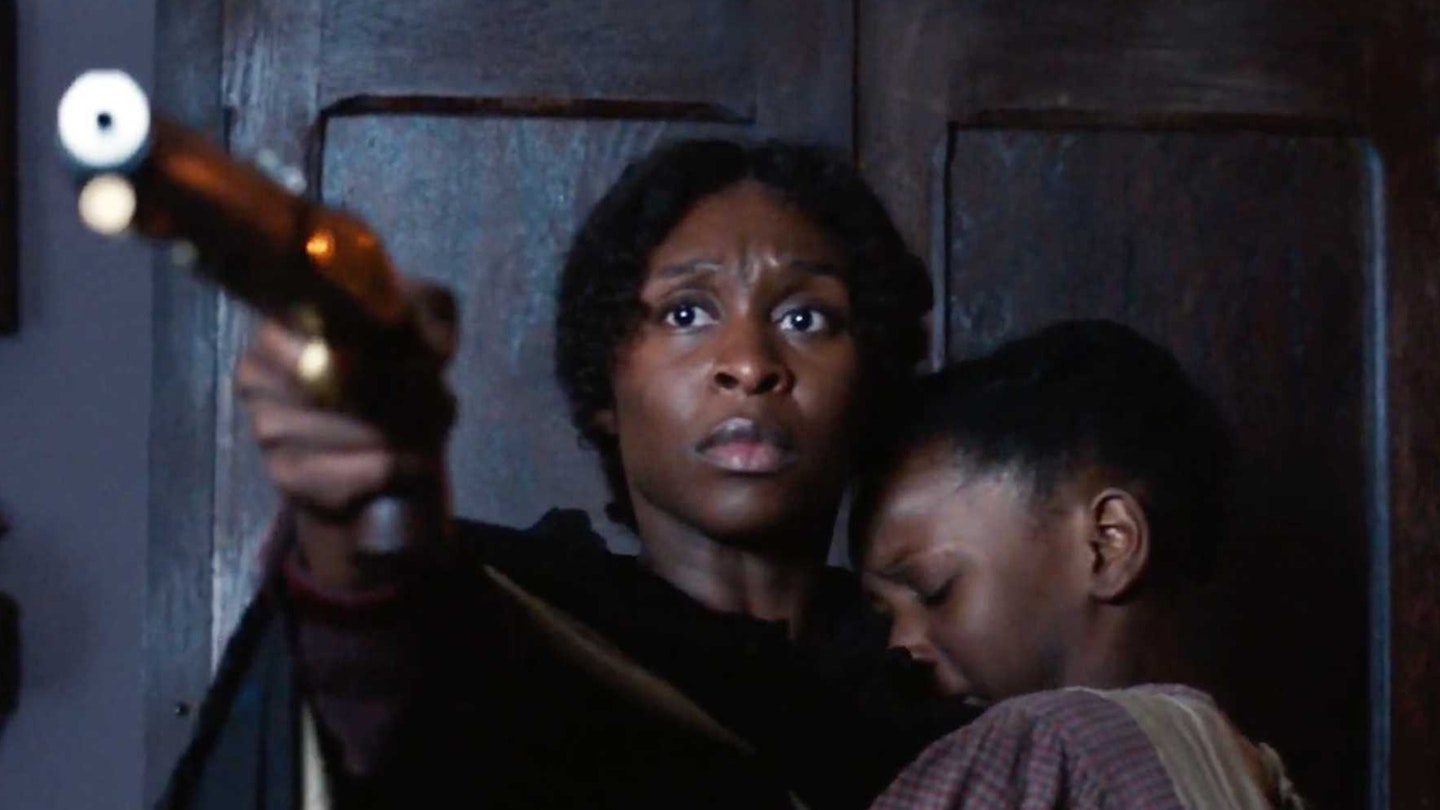
Part of the problem lies in the attempt to make Harriet hit several beats of Tubman’s life rather than take the Selma route and focus on a shorter, more significant time period. Lemmons and co-screenwriter Gregory Allen Howard chart Tubman’s 100-mile escape to freedom and her work with the ‘Underground Railroad’, but we don’t slow down enough to fully connect with our titular character.
Tubman's perfectly timed psychic visions drain much of the tension from key sequences.
More issues arise with an on over-the-top and too frequently used score by the usually reliable Terence Blanchard which takes a lot of weight out of many an inspirational speech. Additionally, a narrative device depicting Tubman’s visions from God reads as more supernatural than spiritual, with her perfectly timed psychic visions draining much of the tension from key sequences.
Even with all these shortcomings, Erivo’s Harriet is almost always riveting to watch, especially once she begins to assert herself and come into her power. She’s ably supported by Leslie Odom Jr. as fellow abolitionist William Still, and Janelle Monáe’s boarding-house proprietor Marie Buchanon. The latter provides rare moments of intimacy, as Marie — born into freedom instead of bondage — is forced to reckon with her preconceptions through her friendship with Harriet. The next Tubman biopic would do well to have more of these human moments, and less by-the-numbers heroics.
